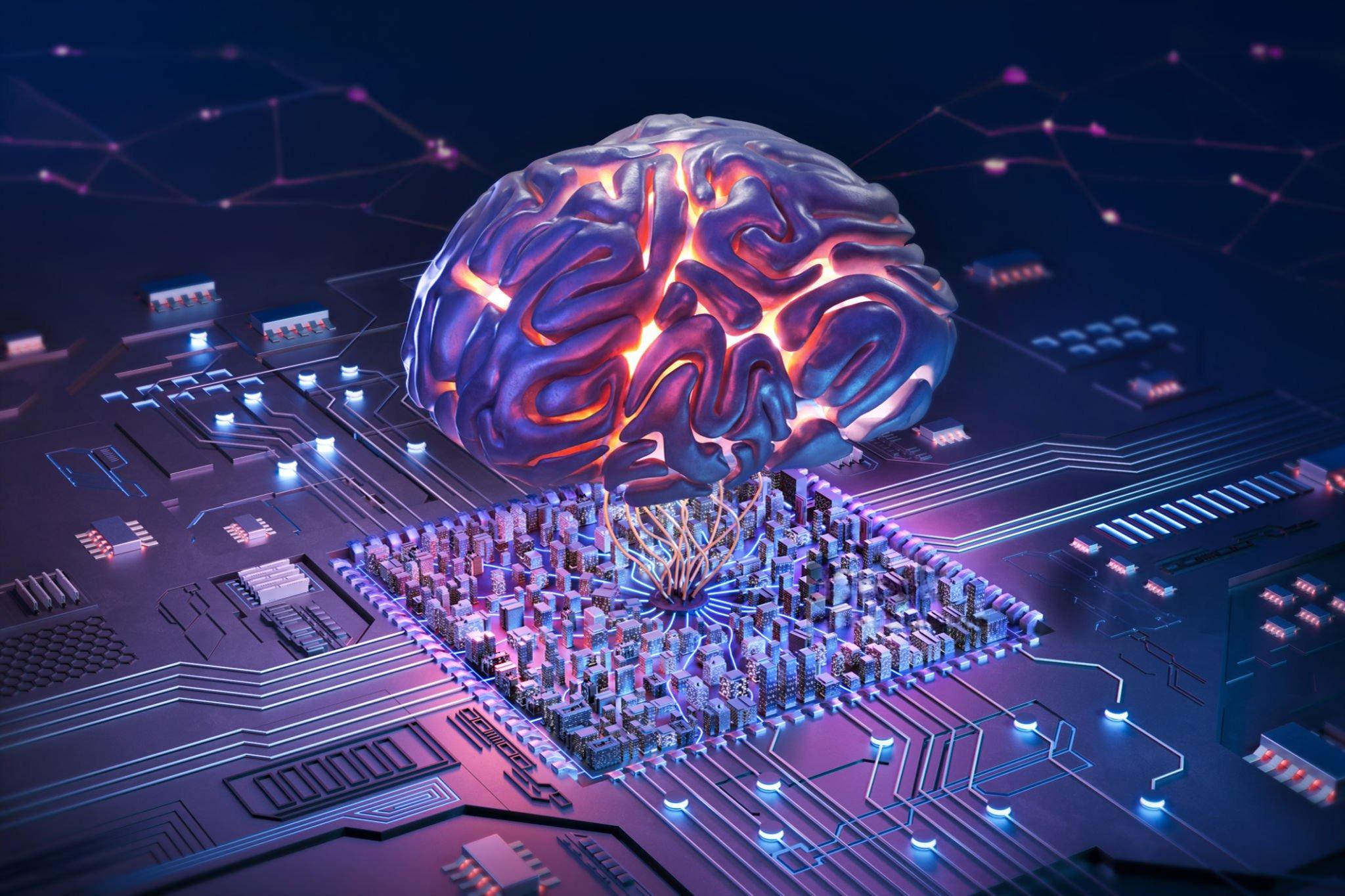Humanity has always developed with its equipment, but has never learned, adapted, and argued by itself before. Artificial Intelligence (AI) has overcome cognitive cooperation with mechanical assistance, which has c hanged our way of thinking, working, and connecting. Now we stand at the beginning of a new relationship – a relationship that will redefine not only industries, but the essence of being human.
How is AI changing the way humans think and create?
The difference between traditional technology and AI lies in cognition. Earlier machines were used to increase muscles; AI expands the brain. Instead of following strict rules, modern algorithms inspect, learn, and generate the pattern of human logic at electric speed.
Nevertheless, it is more than creative partnership automation – it is amplification. Human beings remain storytellers, while AI becomes a tool that helps to imagine, predict, and refine ideas. This era is less about replacement and more about cooperation between intuition and intelligence.
Will automation redefine human work and purpose again?
The automation is giving a new shape to the global workforce at an unprecedented speed since the Industrial Revolution. Frequent and data-entering functions were once rapidly done by a human-specific intelligent system. Accountants, analysts, logistics coordinators, and even material writers are seeing AI changes in their fields.
However, history suggests that technology rarely eliminates employment – it produces it. The industrial age changed physical exertion but gave rise to new businesses in engineering, management, and innovation. Similarly, the AI era is creating new categories: algorithm auditor, data moralist, and human-AI interaction specialist.
In the future, success depends not on romantic wisdom, but on adaptability, creativity, and emotional intelligence – uniquely human. The workplace of tomorrow will value the human ability to empathize, strategize, and innovate with digital systems.
Education systems should also be developed. Teaching code is no longer enough; We must teach curiosity, ethics, and adaptability. The next generation will not only “use” AI – they will guide it, question it, and define its place in human progress.
AI does not invent morality – it reflects it. When trained on biased data, it increases human bias on a large scale. This has created serious concerns in areas such as law enforcement, appointment, and healthcare, where algorithm prejudice can lead to life.
To combat this, global organizations and governments are presenting the structure of AI ethics that promotes fairness, transparency, and accountability. The challenge lies in the implementation: to ensure that the AI is clear and that its decision is worth making.
The second dimension is the rise of semi-autonomous system-master-master who directly take “decisions” without human intervention. Who is responsible if such a system makes an error – the programmer, the company, or the algorithm? These questions are no longer theoretical; They define the foundation of modern rule and accountability.
AI-managed transplants can now help paralyzed patients to gain speed, while nerve decoding systems translate ideas into digital commands. Humanity is moving towards joining technology and moving towards it.
This convergence raises intensive questions about consciousness, identity, and development. As humans increase memory, perception, and learning through AI integration, will we remain the same species – or something completely new?
This is where the future of artificial intelligence and the future of humans is most deeply intertwined. The fusion of algorithmic logic and biological intuition could create a new kind of being – a partly human, partly digital consciousness. Whether this change leads to enlightenment or to alienation depends on our moral choices today.
How will AI shape society, relationships, and democracy?
Artificial Intelligence is no longer limited to laboratories or tech firms – it now shapes how we interact, communicate, and even form opinions. From personalized news to future marketing, algorithms filter what we see and value.
This “algorithm society” holds both empowerment and risk. On the one hand, AI personalizes health care, education, and public services. On the other hand, it can divide individuals into resonance chambers, distort truth, and destroy faith. Equal algorithms recommending music can also manipulate political views or emotional conditions.
Education also plays an important role here. The coming generations should learn not only to use AI, but also how to question it. Digital literacy should understand how algorithms shape perception and behavior, ensuring that human cause remains the last compass of society.
Last Idea: Create a symbiosis tomorrow
Humanity now stands on the brink of its most significant transformation. AI is not just another invention – it is a mirror of our collective intelligence, capable of increasing both knowledge and error. Whether it will become an instrument of liberation or domination depends entirely on how responsibly it is directed.
The next era should be defined not by competition between humans and machines, but by cooperation. Artificial intelligence should serve as an extension of human values- creativity, sympathy, justice, and stability. If these principles remain central, AI will not replace humanity; This will increase it.
We are the creators of our digital fate ourselves. The horizon between human and machine intelligence is no limit – this is a bridge. To overcome this, courage, morality, and imagination are required.
Finally, AI’s story is not about learning to be a human being by machines – it is about humans who learn to be intelligent in a world where they live with intelligent machines.


